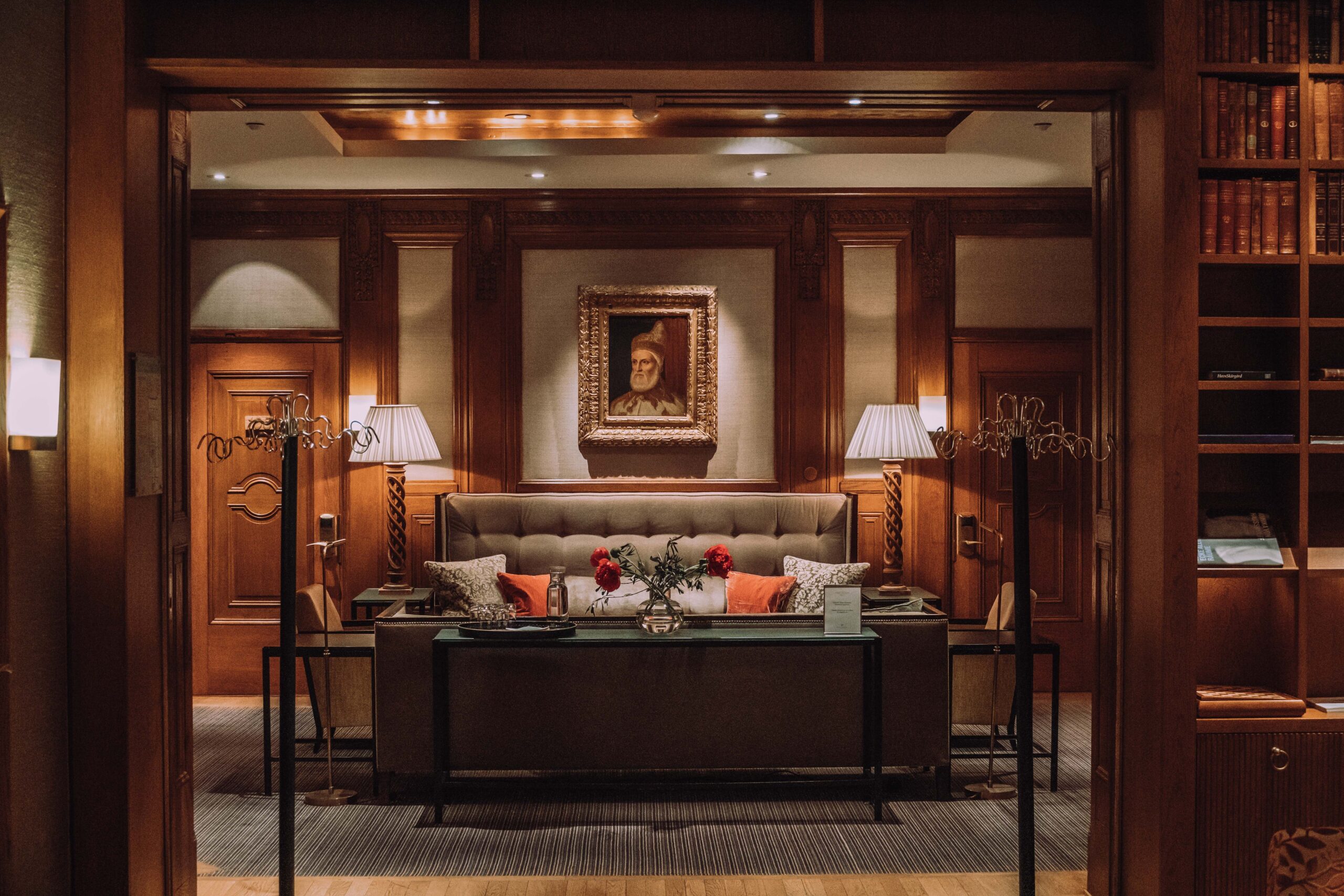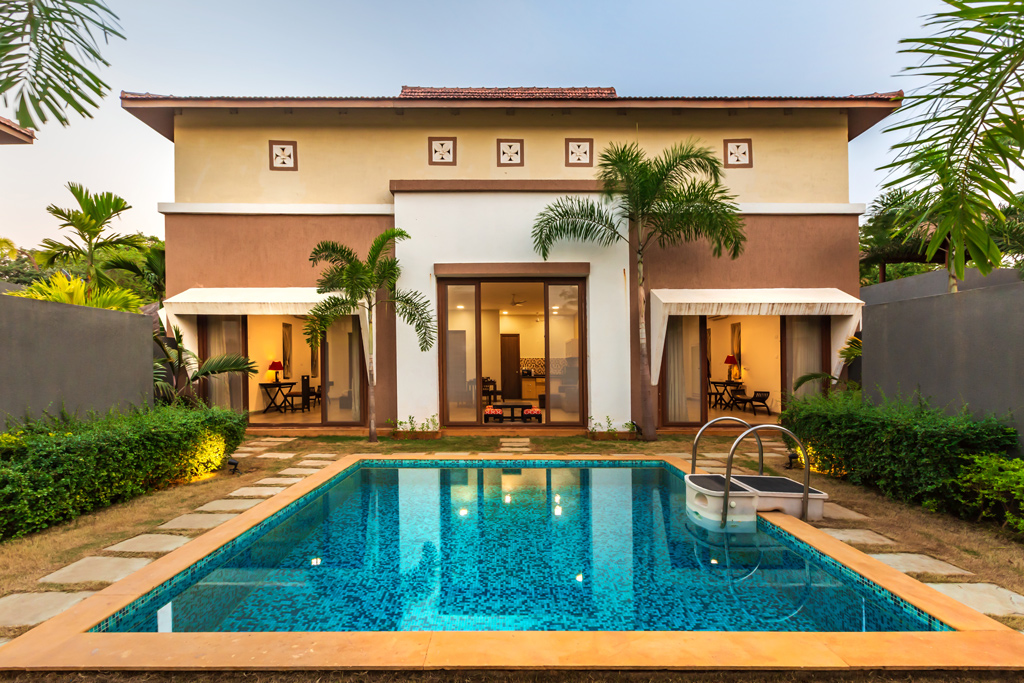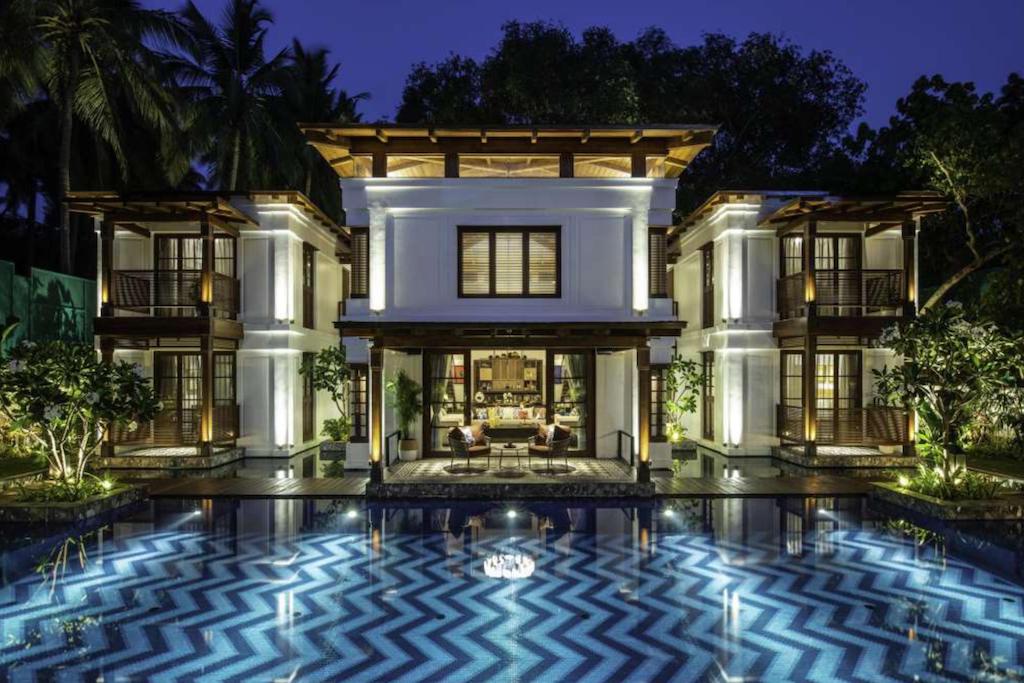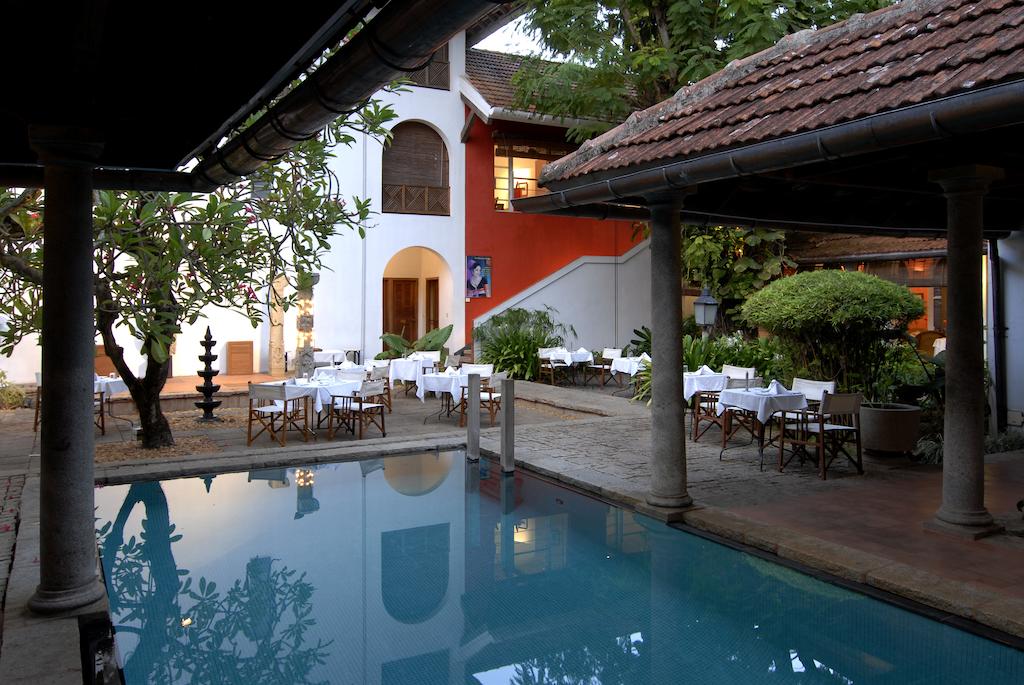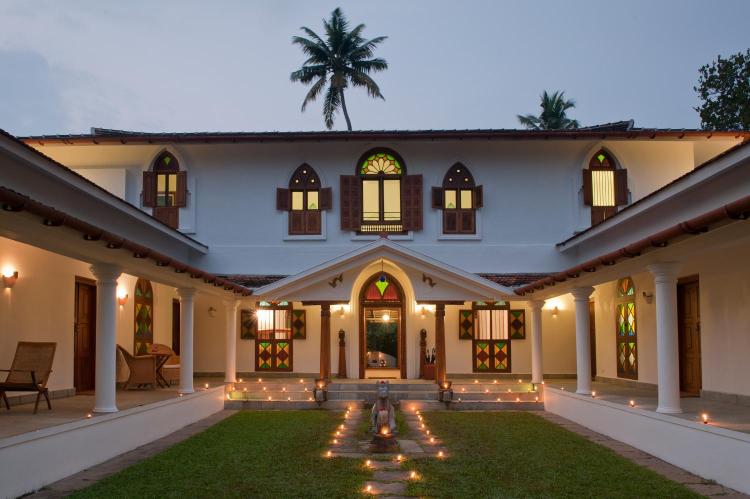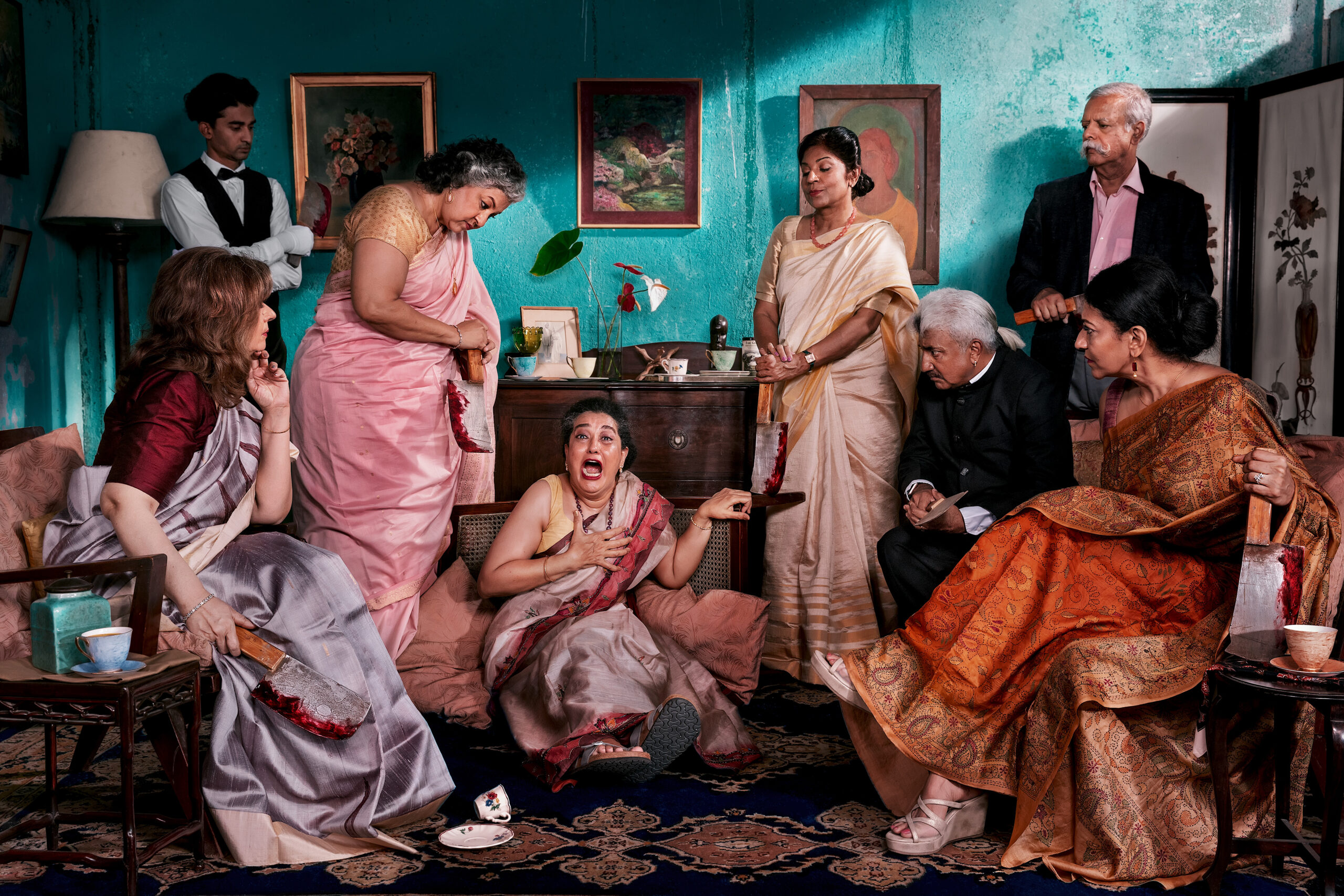March 2020 changed all our lives forever, a fact that has repeatedly been parroted to you. However, it is impossible not to talk about the virus’ expansive impact on all of our lives. Arguably, the world and the way of living we had known before can never truly be reinstated as we continue to mask our faces and live in fear of a virus we progressively continue to discover and learn more of. Whatever experiences we sought in the outside world, we tried to replicate in the growingly suffocating confines of our homes during the many lockdowns. However, there was one irreplaceable aspect of our lives that we cherished and were deprived of for many months- the luxury of staying in hotels.
The impact of the Covid-19 pandemic was widespread and bleak. As the government scrambled to find ways to protect and ensure the safety of its people, one of the first rules imposed was the shutting down of all hotels and restaurants, a decision many businesses did not recover from. The segment of luxury hospitality in particular suffered hugely as occupancy rates were the lowest they had ever been in the past decade. The industry halted to a standstill as the uncertainty of the future loomed around all of us. However, a few months into the pandemic a lot of hotel brands began to capitalise on the institutional quarantine that was imposed on incoming foreign travellers. But hotels that were once a haven for their guaranteed comfort and luxury soon became nothing more than functional gateways for worried travellers. The Hotel Association of India in October, 2021 reported that 20-25 per cent of the 150,000 branded hotels in India were at risk of permanent closure. Which would mean huge losses for the economy as the hotel sector directly and indirectly accounts for about 12.75 per cent of all jobs in India.
The catastrophic effect of the pandemic took a while to wane away but momentarily things began to look up as travel restrictions were eased and the stringent lockdowns were lifted. Occupancy in premium hotels across India picked up in August 2021, rising to 44-46 per cent. Metropolitan cities such as Delhi, Mumbai, Hyderabad, Jaipur and Goa, reported over 50 per cent occupancy in July-August 2021, but Bangalore and Pune struggled behind. Nevertheless, the third wave came and washed away most of the progress made by the sector as hotels once again shut their doors due to the rampant increase in cases. After running in losses, slowly and steadily the luxury hospitality business has started emerging out of the dastardly clutches of the domino effect of this deadly disease and has begun to embrace the unpredictable nature of the times we live in.
At a certain point the effects of the pandemic must have felt irreversible. Devendra Parulekar, Founder of SaffronStays (a luxury vacation villas rental), shed some light on how his establishment stayed afloat the past two years. “Covid-19 modified our lives, and the travel and hospitality industry, particularly, has seen a paradigm shift in the last two years. Throughout the pandemic, home-stays emerged as a popular choice among travellers and by the end of the third wave, they had emerged as the millennials’ favourite. As a brand SaffronStays has undergone an expansion in this phase, and between 2020 and 2022 (until date), we have expanded our home offerings from 180 homes to more than 275 homes. In 2020, revenues (by check-in) increased by 21 per cent compared to 2019, and we saw a significant jump of 103 per cent in 2021 over 2020. This rise can be attributed to the fact that having experienced home-stays in 2020 post the first lockdown, people had started understanding and valuing home-stays over hotels mainly because of factors such as safety, hygiene and smaller crowds. The first quarter of 2022 saw a decline in sales in January 2022 owing to the Omicron wave, but there was a gradual pickup from February 2022. This year revenues have increased by 25 per cent in comparison to 2021” he said.
L-R: SaffronStays, Alibaug; Azara Beach House – a luxury rental in Goa.
Needless to stay, there were certain patterns in consumerism that emerged as a result of navigating travel whilst being wary of not contracting the virus. Joerg Drechsel, owner of Malabar House and Purity (Relais & Châteaux properties) spoke to me about certain trends he has spotted. “The trend in India is similar to the global trend. Our audience is getting younger. The millennials prefer shorter stays, but want to load their stays with active experiences. The upmarket guests prefer the intimacy of boutique properties, so they come with family and friends and book the entire property for a few nights” Drechsel shares.
L-R: The Malabar House and Purity Hotel, Relais & Châteaux.
Another phenomenon that seems to aid in resurrecting travel and hospitality is revenge tourism. “Last year weekday travels doubled up as workstations and long-stays dominated the market. With many firms encouraging the hybrid work mode in the first half of 2022, weekday travel continued. Long-stay bookings also witnessed a gradual rise in 2022 – from 19 per cent bookings in February, after the Omicron wave, to 25 per cent in June. Large group bookings had been one of the hardest-hit areas of the hospitality sector due to the pandemic, but these too have seen a rise this year post March – from 29 per cent bookings in February, after the Omicron wave, they have gone up to 67 per cent until mid-June” Parulekar points out.
As time progresses and normalcy has begun to resume, the hospitality industry surely seems to be on its path to recovery. “ITC has started to cater to non-resident guests in our bid to move forward in terms of recovery. We are all moving towards better days as travel restrictions have eased. The learning that we can draw from this pandemic is we can always commit to delivering luxury experiences or ‘Responsible Luxury’ as we like to call it with sustainable practices embedded in the process” Bhagwan Balani, General Manager of ITC Grand Central Mumbai tells me.
Adapt to survive seems to be the mantra adopted by most hotel brands and its revival powers are shown in the fact that most properties are close to full occupancy again.
Words by Anithya Balachandran.
Cover image via Unsplash.
Additional images via SaffronStays, Relais & Châteaux.
